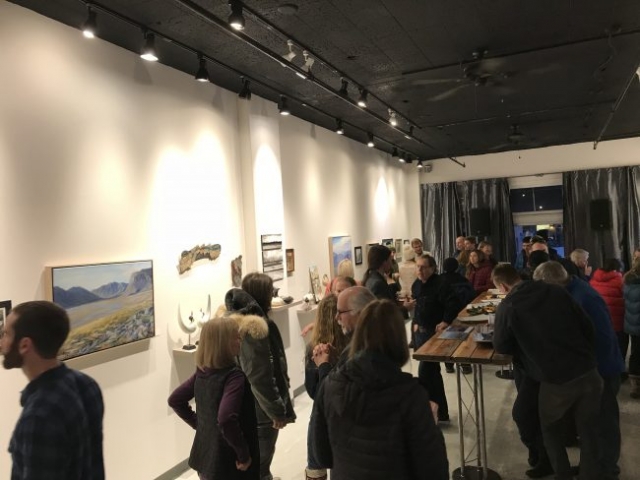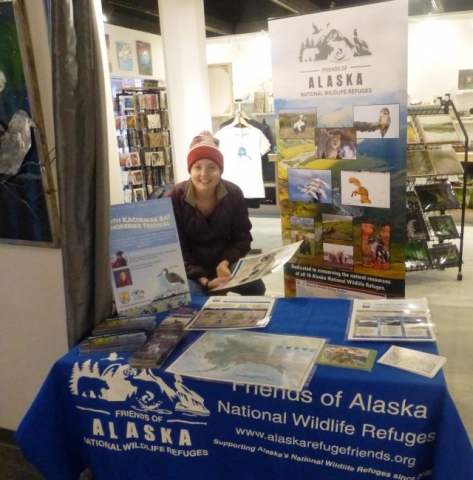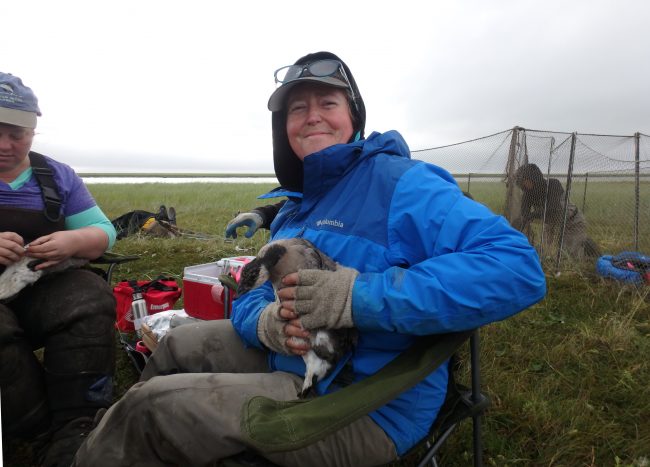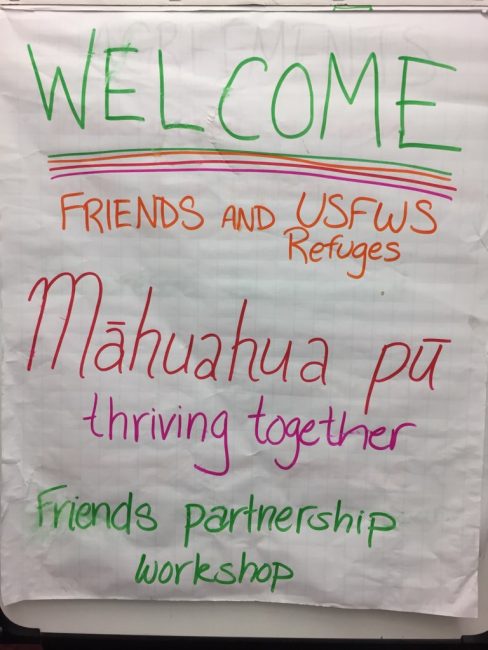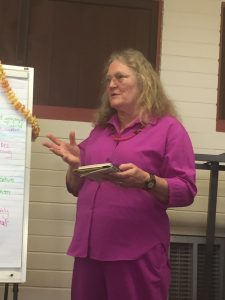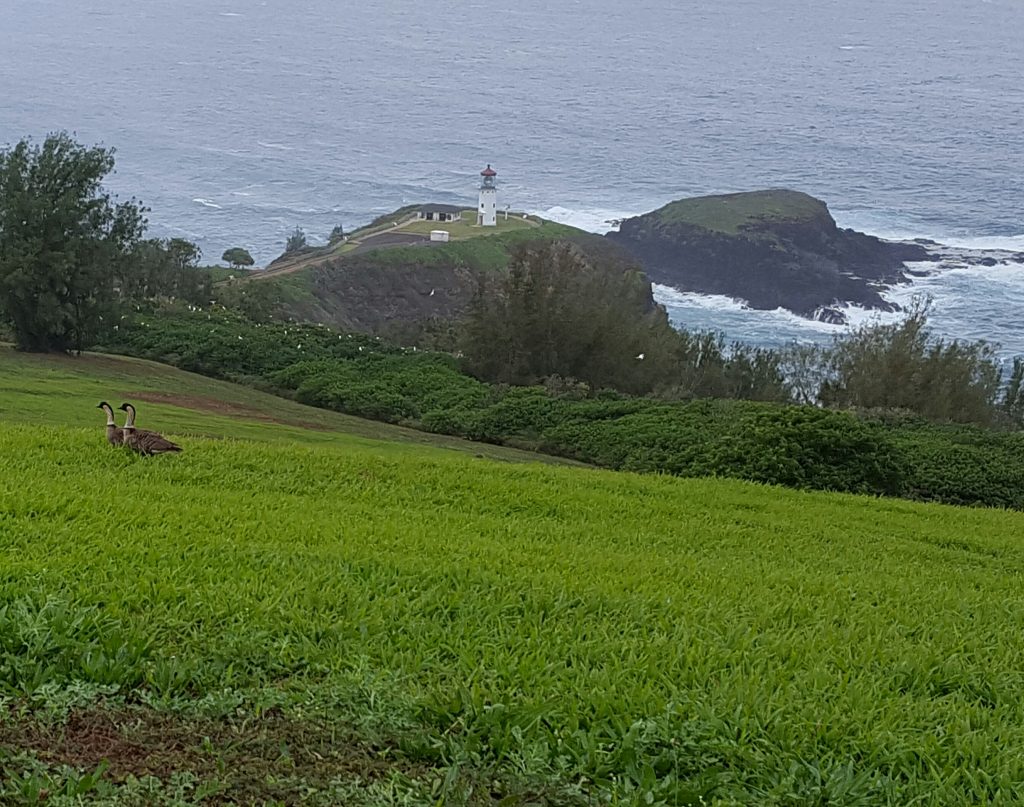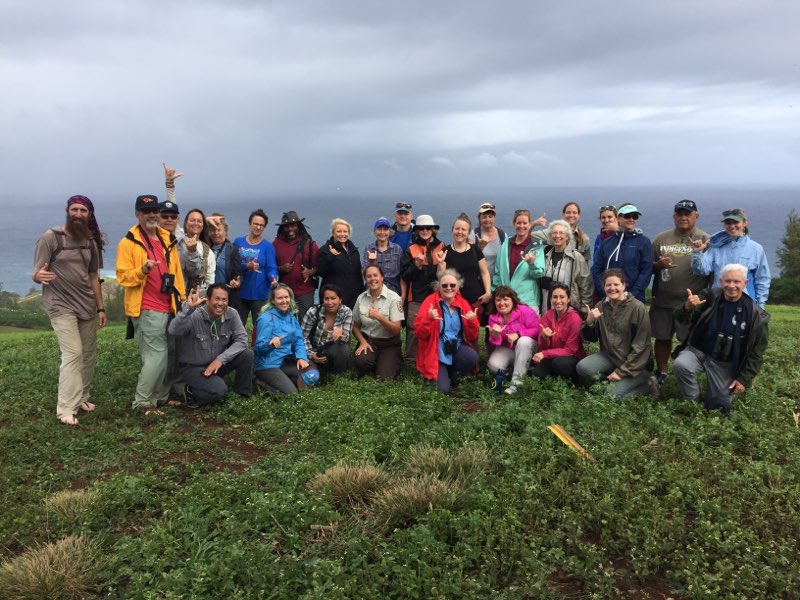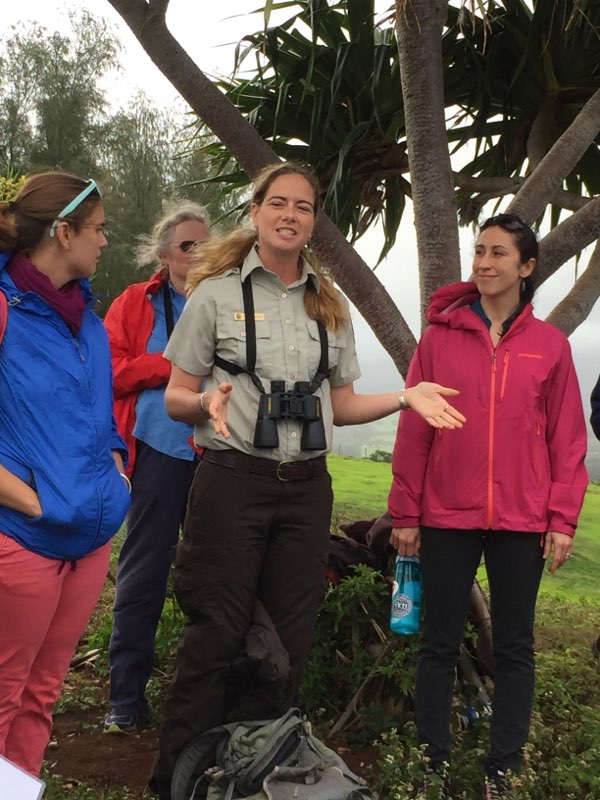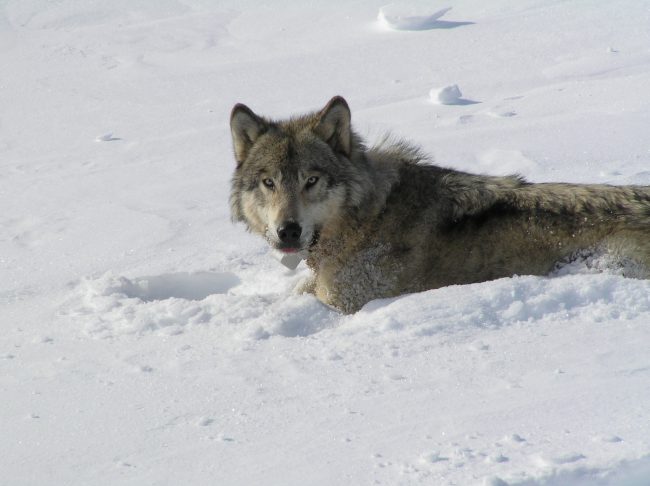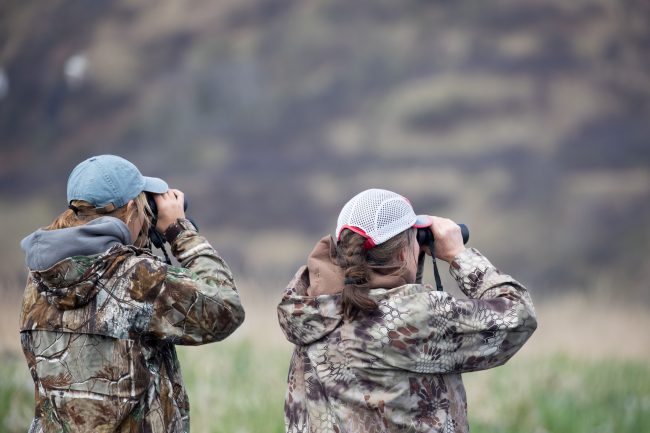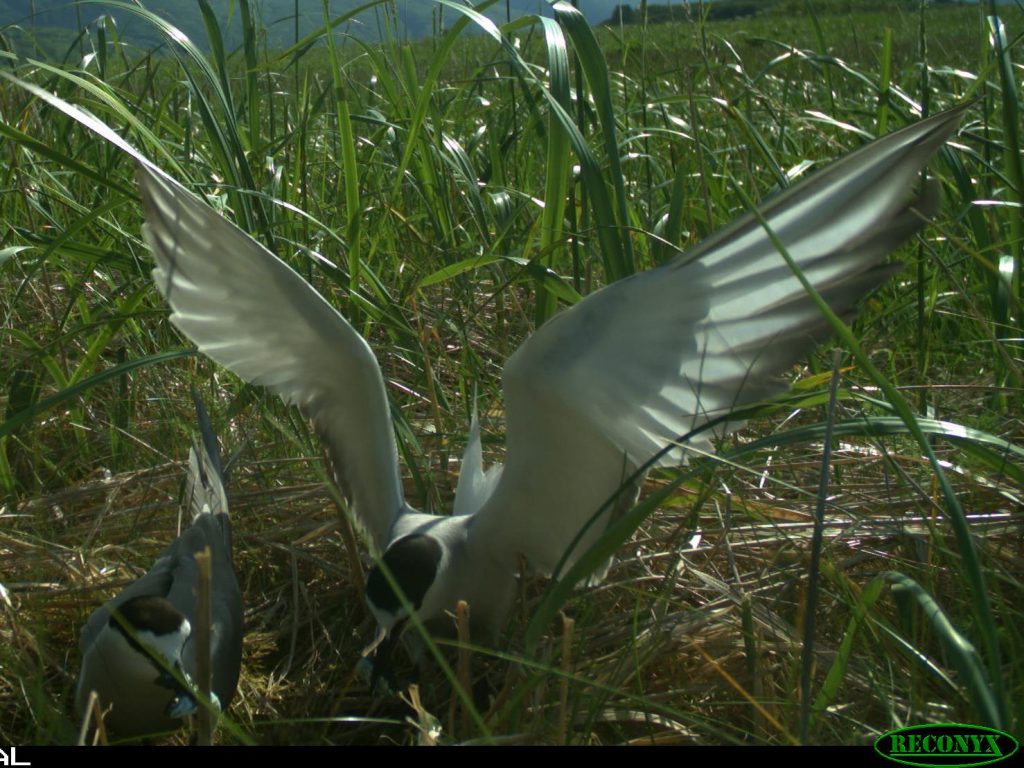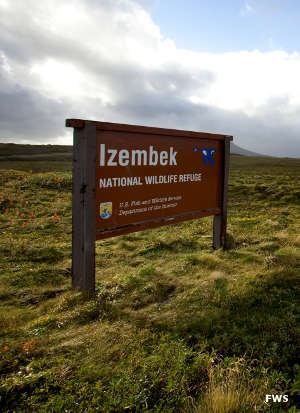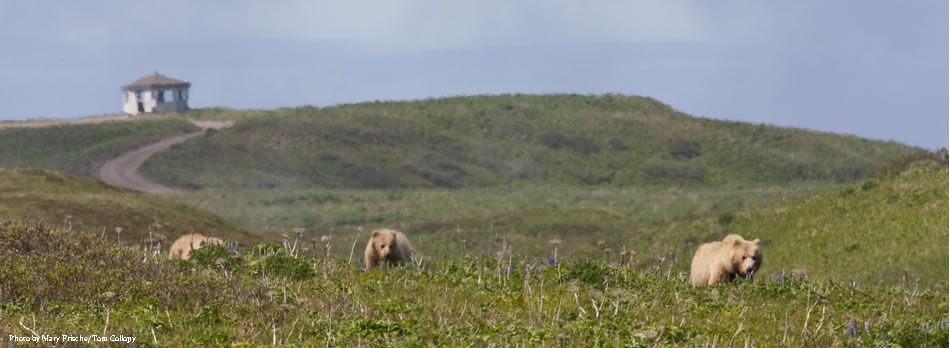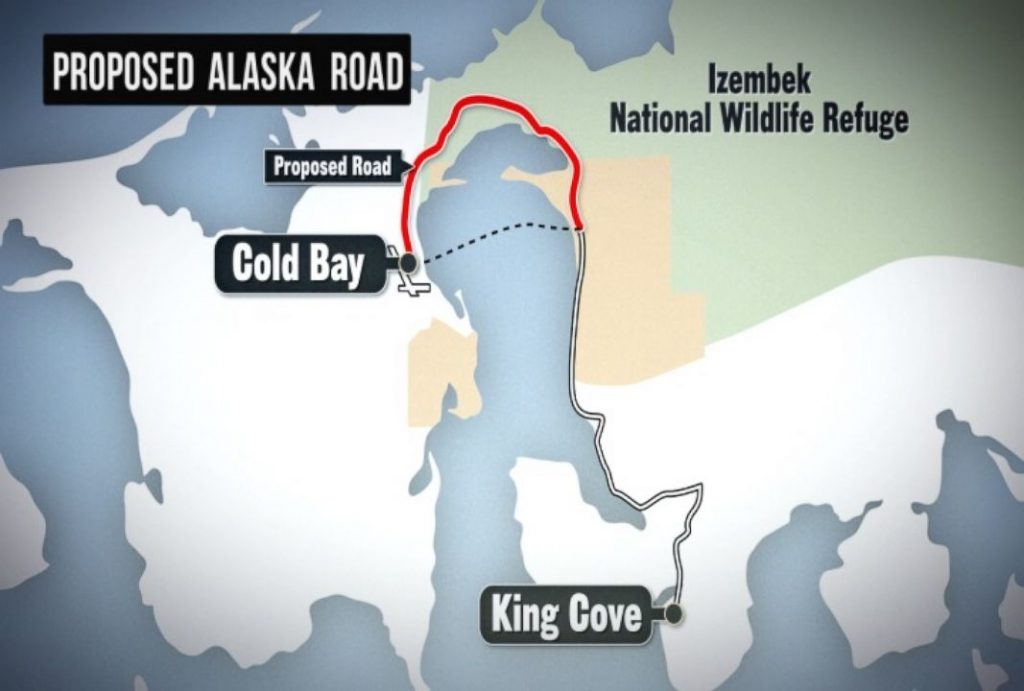
The U.S. Department of Interior decision to fast-track drilling leases for the Coastal Plain of the Arctic Refuge has spurred considerable efforts to counter this disastrous decision. Planning and strategy meetings were hosted by the Alaska Wilderness League in Washington, DC in February, and further meetings were held in Anchorage on March 29. Alaska Friends provided some financial support to this meeting. Major efforts to save the Coastal Plain are being organized across the nation. Social media campaigns are being developed to educate the public and convince the oil industry to refrain from bidding on leases. Also, there have been discussions about litigation to halt this abominable development after 40 years of success in defeating such efforts.
The nine conservation organizations that filed suit in federal court on January 31, 2018 to stop the Department of Interior (DOI) land trade to construct a road through the biological heart of the Izembek Refuge Wilderness decided not to oppose intervenors who support the DOI in the lawsuit. These include Aleutians East Borough, King Cove Corporation, City of King Cove, Agdaagux Tribe, Native Village of Belkofski and State of Alaska. Our attorneys at Trustees for Alaska continue to monitor developments and represent our interests in the federal court. We are optimistic that we will eventually prevail to stop the dismantling of the Wilderness Act and the desecration of the heart of the Izembek Wilderness.
We have not seen any new action by the State of Alaska to to reduce predators in the refuges. We are working with the conservation coalition to stop any effort to interfere with the natural balance and diversity of wildlife populations on our refuges.
The Federal Highway Administration (FWHA) in cooperation with the Alaska Department of Transportation and Public Facilities (DOT&PF) has prepared the Final Environmental Impact Statement (EIS) and Final Section 4(f) Evaluation for the Sterling Highway MP 45-60 Project. It included the following statement:
An important issue for this project is the effect to Federal Wilderness land. The process to approve a transportation corridor through designated Wilderness requires Presidential review and recommendation and Congressional approval. However, the Russian River Land Act (Public Law 107-362, signed by the President in 2002) allows CIRI and the KNWR to exchange lands in this area. In 2017, the U.S. Department of the Interior informed FHWA that it would undertake a land exchange that would remove KNWR land status and Federally designated Wilderness status in a portion of KNWR if the Juneau Creek Alternative were selected. Such a land trade would reduce refuge impacts and eliminate Wilderness impacts of the Juneau Creek Alternative. FHWA considers the land exchange reasonably foreseeable and has evaluated this scenario in Section 3.27 (Cumulative Impacts). See Section 2.6.5 and Section 3.27.4 of the EIS for additional detail.
We are concerned about the removal of wilderness protection from federally-designated land in the Kenai National Wildlife Refuge to accommodate this proposed road construction. If you would like to submit comments, the Final EIS can be viewed at www.sterlinghighway.net
View 2015 Comments on the Sterling Highway Milepost 45 to 60 Project Draft Supplemental Environmental Impact Statementplease contact David Raskin (davidcraskin@gmail.com)
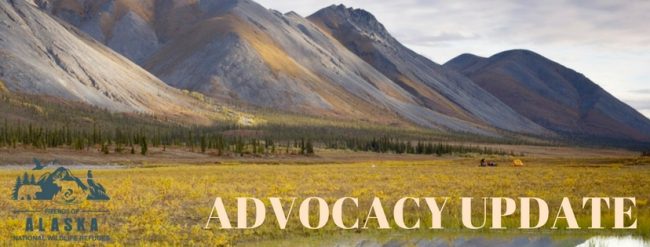
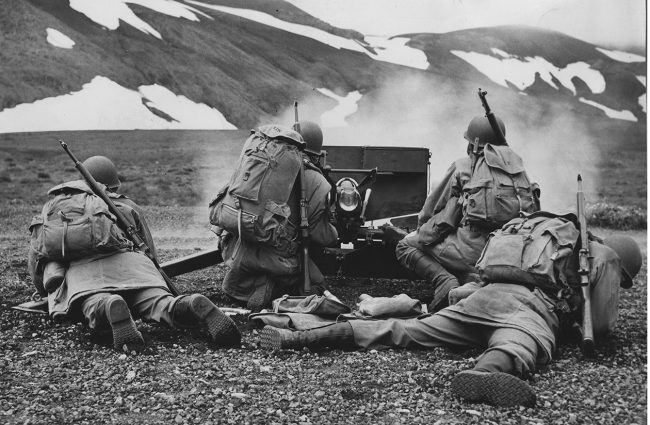


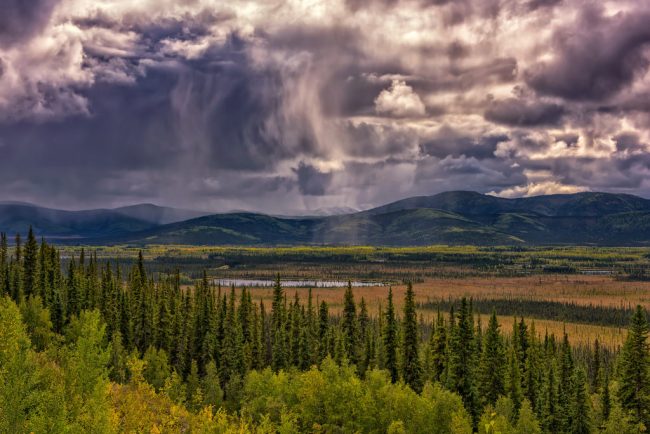
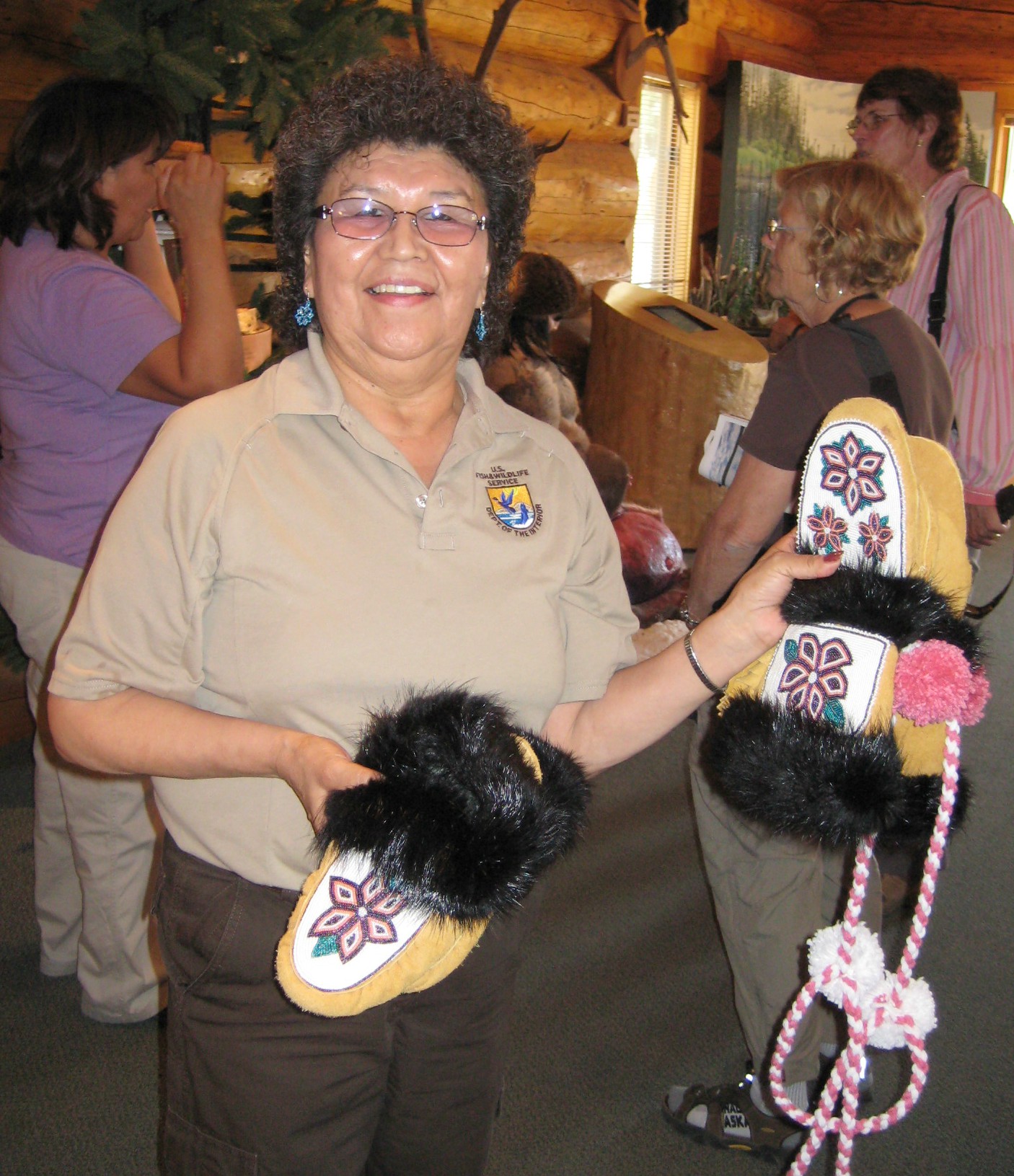
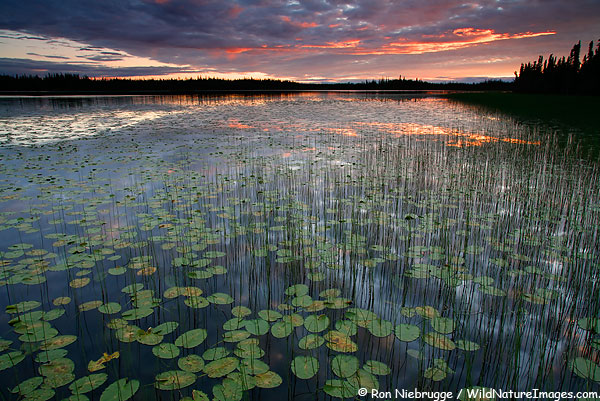
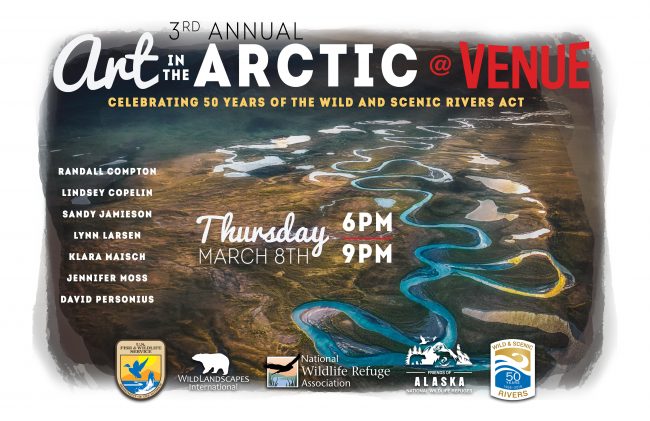
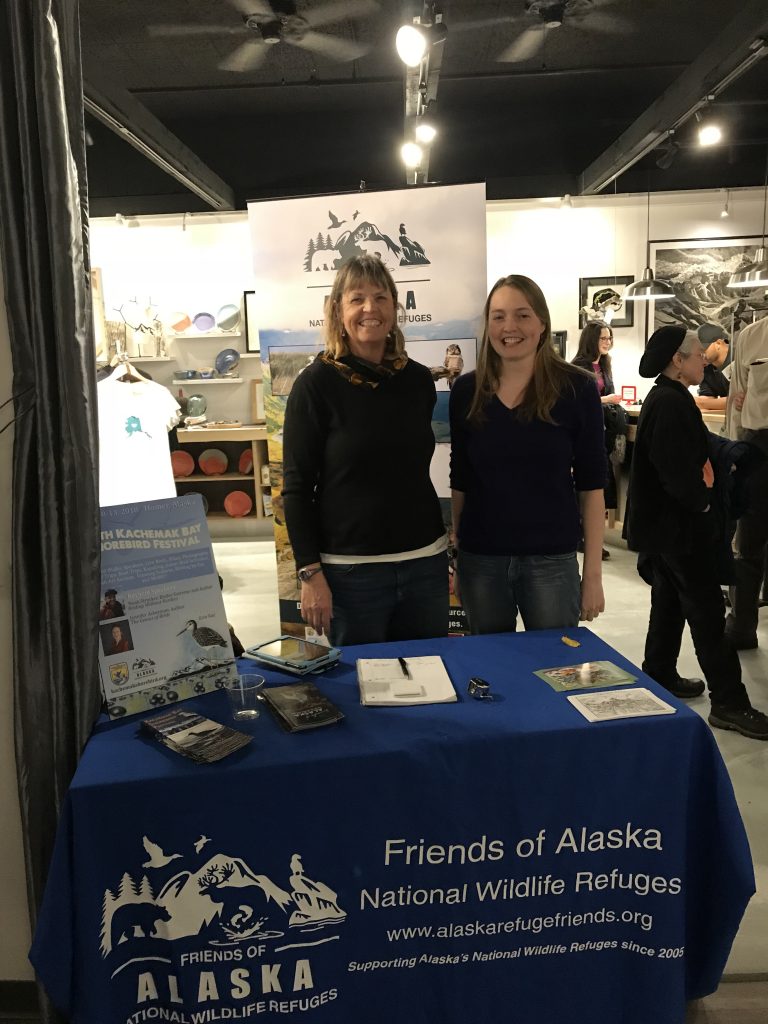 The 3rd annual Art in the Arctic show was held on March 8, 2018 at VENUE. Seven local artists were featured including Randall Compton, Lindsey Copelin, Sandy Jamieson, Lynn Larsen, Klara Maisch, Jennifer Moss, and David Personius. In celebration of the 50th Anniversary of the Wild and Scenic Rivers Act, this year’s show connected the public with the significance and history of Wild and Scenic River designation, especially within national wildlife refuges in Alaska. Artwork will remain on exhibit until the end of March.
The 3rd annual Art in the Arctic show was held on March 8, 2018 at VENUE. Seven local artists were featured including Randall Compton, Lindsey Copelin, Sandy Jamieson, Lynn Larsen, Klara Maisch, Jennifer Moss, and David Personius. In celebration of the 50th Anniversary of the Wild and Scenic Rivers Act, this year’s show connected the public with the significance and history of Wild and Scenic River designation, especially within national wildlife refuges in Alaska. Artwork will remain on exhibit until the end of March. 
